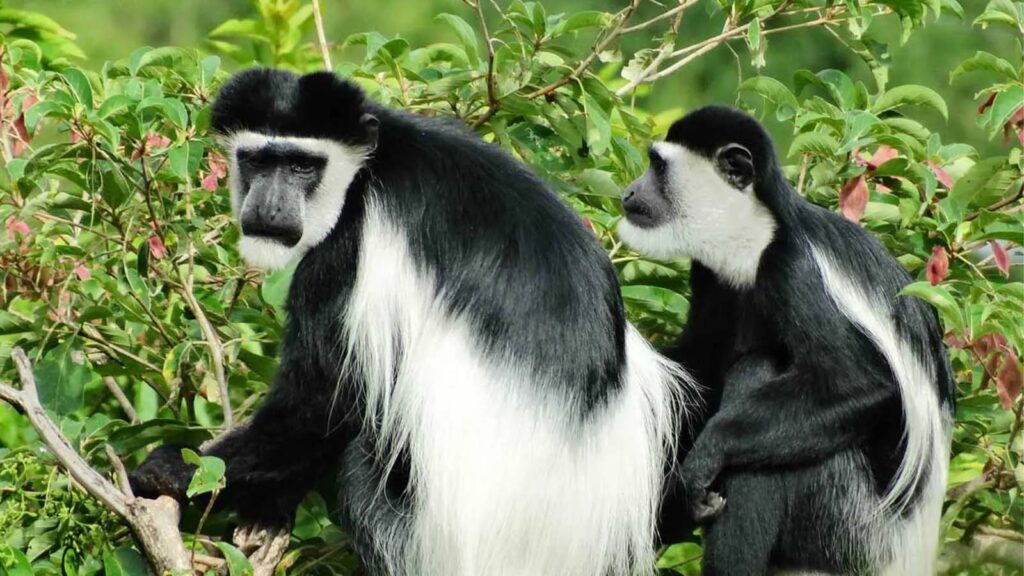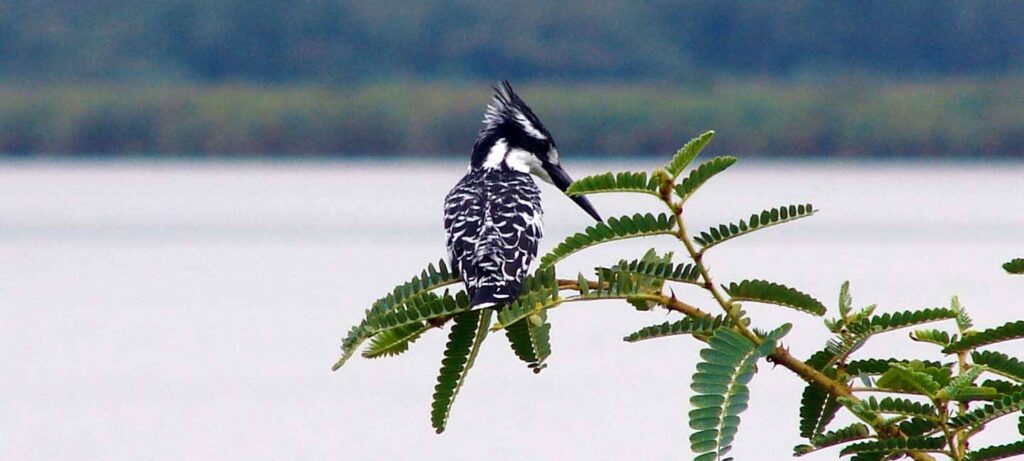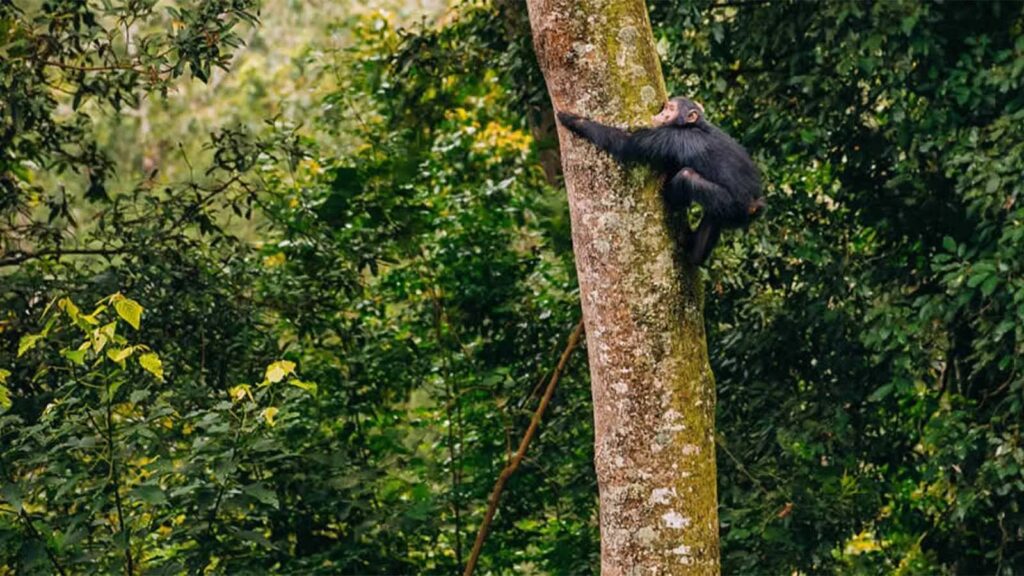Bird Watching In Rwanda’s Nyungwe Forest And Lake Kivu
Bird Watching In Rwanda’s Nyungwe Forest And Lake Kivu: Observing wildlife in Rwanda‘s Nyungwe Forest and Lake Kivu is a fulfilling experience. The region is a birder’s dream, home to over 300 different species of birds. This extensive guide will teach you where to go birdwatching in the area, what to pack, and how to make the most of your time there. Along with identification advice, you will also receive an overview of the various species that can be found in Lake Kivu and Nyungwe Forest. This book will provide you all the information you need, regardless of your level of experience, to ensure that your time spent bird watching in Rwanda is one you won’t soon forget.

Rwanda is a small nation in East Africa that is a naturalist’s and bird watcher’s dream come true because of its diverse fauna. Rwanda provides travelers with the opportunity to witness some of the most fascinating indigenous bird species on the planet, from the verdant Nyungwe Forest to the serene Lake Kivu. This post will discuss Rwanda’s distinctive wildlife and explain why it has grown to be one of the most popular bird watching sites in Africa. We will also talk about what to expect when visiting this incredible nation, Rwanda, and some of the finest locations to see these lovely birds and other animals.

One of Rwanda‘s greatest locations for bird watching is Nyungwe National Park. It is a birdwatcher’s delight, with over 300 kinds of birds calling it home. A few endangered species can also be found in the park, including the Shelley’s Crimsonwing and Grauer’s Swamp Warbler. Nyungwe Forest provides a range of ecosystems, including as densely forested parts, grassland savannahs, and wetland sections, that are ideal for bird watching. The African Grey Parrot and Crowned Eagle are two of the most exquisite species in Africa that bird watchers can spot. There are many chances to see both popular and uncommon species. To learn more about these incredible animals, the park also provides educational programs and guided tours.

One of the world’s most varied avian habitats is Lake Kivu. More than 400 different species of birds, from tiny passerines to massive waterfowl, call it home. A well-liked pastime at Lake Kivu is birdwatching, which offers a rare chance to see some of the world’s rarest species. This post will discuss Lake Kivu’s abundant bird diversity and offer advice for birdwatchers wishing to investigate this remarkable area.
Since the era of the dinosaurs, birds have lived in the area around Lake Kivu. These days, the neighboring forests and savannahs are home to these birds. Several bird species are expected to move northward or elsewhere in response to climate change, as models of climate change indicate a warmer trend over Africa. This might also result in more diverse bird populations in uncharted areas of Africa, such Lake Kivu. More than 400 different species of birds, from tiny passerines to massive waterfowl, can be seen in the Lake Kivu region. Osprey, Pied Kingfishers, and White-breasted Cormorants are a few of the most prevalent species in the area. With no less than ten indigenous species present, Lake Kivu boasts a diversified birdlife!
Rwandan bird watching is a fantastic experience that provides a rare chance to see some of the most unusual species on the planet. Rwanda is a fantastic destination for birdwatchers of all skill levels to explore because of its diverse habitats and abundance of bird species. Making the most of your trip may be achieved by being aware of when is the best time to go bird watching, what supplies and equipment to pack, and the locations of the best areas. You may get ready for an amazing Rwandan bird-watching experience by keeping these suggestions in mind!
October through February is the ideal time of year to go bird watching in Rwanda. The biggest variance in the number of species observed occurs during the dry season, which runs from March to September. When organizing your trip, there are a lot of additional things to take into account, like the weather and any obstructions that can make bird viewing challenging. Remember to pack a water bottle and your best pair of binoculars in case of need. Being ready for anything is usually a good idea, but there are more advantages to being ready for a wet season trip than just seeing more birds!
